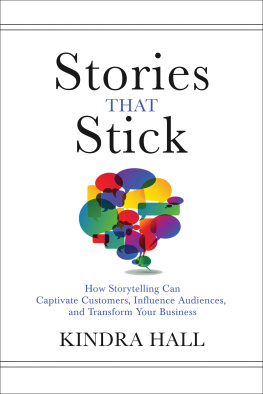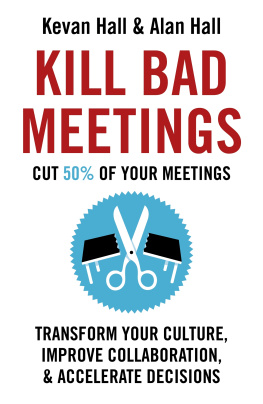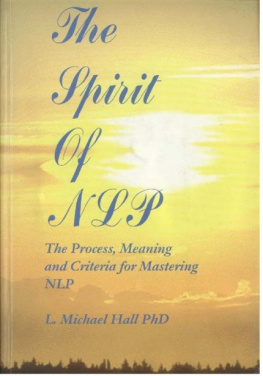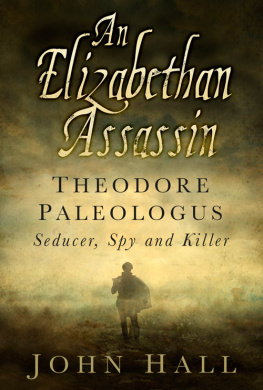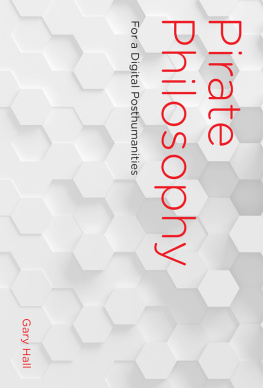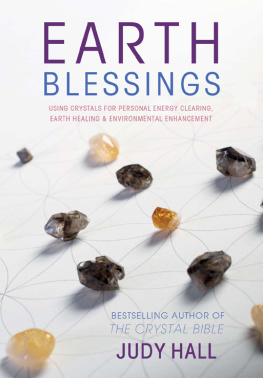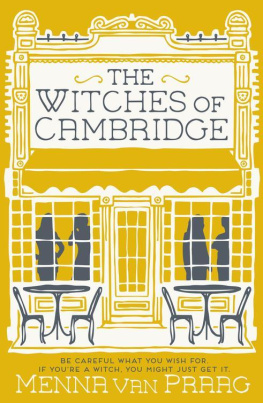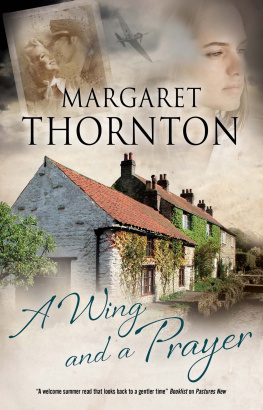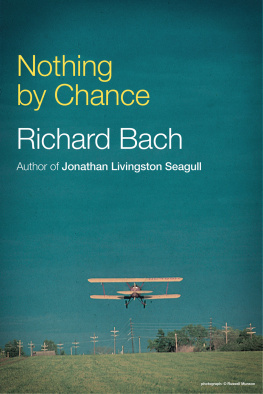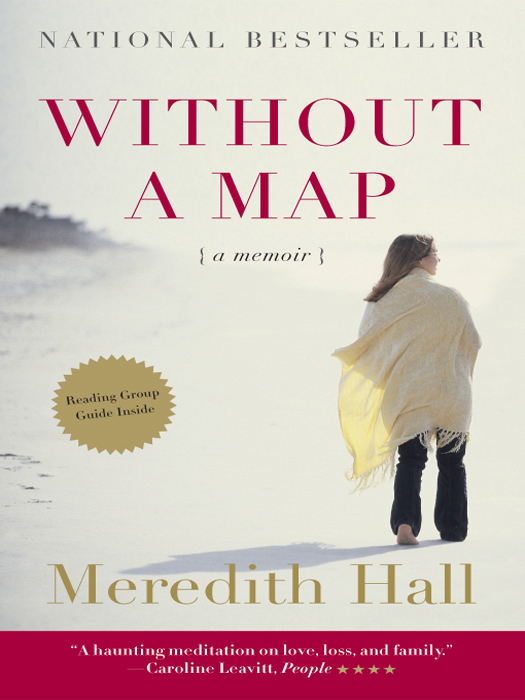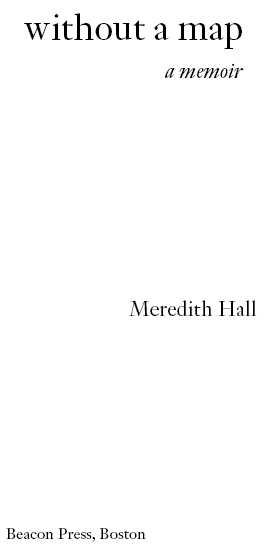MORE PRAISE FOR
Without a Map
A lyrical, acutely observed memoir.
Jan Gardner, Boston Globe
Im awed by Meredith Halls wisdom and integrity, by her gorgeous prose that deepens my understanding of resilience and love, of loss and forgiveness. A courageous and brilliant memoir.
Ursula Hegi, author of The Worst Thing Ive Done
Without a Map tells an important and perceptive story about loss, about aloneness and isolation in a time of great need, about a life slowly coming back into focus and the calm that finally emerges. Meredith Hall is a brave new writer who earns our attention.
Annie Dillard, author of Pilgrim at Tinker Creek and For the Time Being
Searching, humble and quietly triumphant: Hall has managed to avoid all the easy clichs An unusually powerful coming-of-age memoir.
Kirkus Reviews, starred review
Elegant prose makes Without a Map an evocative, thought-provoking read. But Halls heartrending candor on love, loss and hope turn this first-time authors book into a one-sided conversation among new friends.
Jennifer DeCamp, St. Petersburg Times
A compelling, painful, hopeful story.
Barbara Jones, More Magazine
Without a Map tells a stunning story of exile and ostracization Her memoir is a rare and clear glimpse into the social mores of the mid 60s, and reveals the state of shame many families faced when an unmarried daughter became pregnant.
Liz Bulkley, The Front Porch, NHPR
An unbelievable read.
Robin Young, Here and Now, NPR
Meredith Halls memoir is so well written that it was hard for me to accept that the book had to end.
Tina Ristau, Des Moines Register
Painfully honest and beautifully written Meredith Hall has managed to distill courage from raw pain, and then somehow write this gem of a book about the experience A stunning book You must read it.
Lola Furber, Maine Womens Journal
A searing memoir about loss, betrayal, love and, in some measure, reconciliation What is arresting about this memoir is the world it reveals.
Mike Pride, Concord Monitor
Hall, a brave and graceful writer examines her life with wide open eyes and an equally open heart. Even as she wrestles with the grief of many lossesher child, her parents love and respect, her standing in her community, her identityshe demonstrates the writers gift of separating from her own experiences, establishing an objectivity that allows her to make meaning for herself and readers.
Rebecca Rule, Nashua Telegraph
Bone-honest and strong in its every line, this work of memory is a remarkably deep retrieval of its times and souls, thereby reflecting our own.
Ivan Doig, author of Heart Earth
Without a Map guides readers through Halls painful past and how she came to terms with her own aging, her parents, and forgiveness.
Liane Hansen, Weekend Edition
Meredith Hall is like a Geiger counter ticking along the radium edge of these recent decades. She gives us self as expert witnessWithout a Map is smart, sharp, and redemptively honest.
Sven Birkerts, author of The Gutenberg Elegies and My Sky Blue Trades
Merediths story of loss, shame, and betrayal is also a story of joy, reconnection, and survival; each memory takes us deep to the marrow of sorrow and celebration. A work of extraordinary beauty and grace, Without a Map establishes Meredith Hall as one of our most brilliant writers of personal nonfiction.
Kim Barnes, author of In the Wilderness: Coming of Age in Unknown Country
This is a modern-day Scarlet Letter, probably still a common scenario. Halls shunning is infuriating, her efforts to accept the loss of her child traumatic even for the reader The readers sheer relief when Hall creates a fulfilling life for herself is like the feeling of waking from a terrifying dream.
Susan Salter Reynolds, Los Angeles Times
To my children,
whose own stories start with these
Contents
Shunned
Even now, I talk too much and too loud, claiming ground, afraid that I will disappear from this life, too, from this time of being mother and teacher and friend. That Iteverything I care about, that I believe in, that defines and reassures mewill be wrenched from me again.
Family. Church. School. Community. There are not many ways you can get kicked out of those memberships. As a child in Hampton, New Hampshire, I knew husbands who cheated on their wives. Openly. My father. I knew men and women who beat their children. We all knew them. We all knew men who were too lazy to bring in a paycheck or clean the leaves out of their yards, women who spent the day on the couch crying while the kids ran loose with the neighborhood. We knew who drank at the Meadowbrook after work each day and drove home to burn SpaghettiOs on the stove for the children. We even knew a witch. We called her Goody Welsh, as if her magic had kept her alive since the Salem days. But this was 1965. All these people were tolerated. More than tolerated. They were the Community. The teachers and ministers wives and football players and drugstore owners. They lived next to me on Leavitt Road and Mill Road and High Street. They smiled hello when I rode my bike past their clean or dirty yards, their sunny or shuttered houses.
Then I got pregnant. I was sixteen. Family, church, schooleach of those memberships that had embraced me as a childturned their backs. Shunning is supposed to keep bad things from happening in a community. But it doesnt correct the life gone wrong. It can only expose the transgression to a very raw light, use it as a measure, a warning to others that says, See? That didnt happen in our home. Because we are Good. Were better than that. The price I paid seems still to be extreme. But I bet it was a while again before any girl in Hampton let herself be fucked in the gritty sand by a boy from away who said love.
A friend once told me that, when he was in seventh grade, he and his best friend, Nathan, fought. Nathan got everyone in school to ignore my friend the next day, incited them to the silent treatment. It only lasted until noon; one by one, my friend drew his friends back, outmaneuvering Nathan. But still my friend remembers the impotent shame he felt for those four hours. The injustice.
It didnt last because my friend was a boy, a boy who knew how to fight back, a boy who believed that he could interrupt the current and draw his world back into order. It didnt work because he felt powerful, after all, worthy of those friends and their loyalty.
And it didnt work because there was no moral to be exalted, no messy failure to be feasted upon. But pregnant in 1965? If this could happen to Bobbies daughter, then, like contagion, it could infect anyones girl. Unless we scared them so much they would never spread their legs again. Injustice. It had to be unjust. It had to be electrifying to work.
I have often wondered whether the grownups I went to church with, who made sandwiches for me and their children on dreamy summer days, who praised me year after year for my As and my manners and my nice family, who paid me extra for watching their babies so wellI have wondered if they had to tell their children to shun me, or if the kids slid to it on their own. The motives of the grownups seem quite different from those of my peers. When Diane and Becky and Debbie and John and Tony stopped speaking to me, when they started to cross the street in tight hushed groups, when they left Tobeys Rexall, their cherry Cokes unfinished, because I walked in were they told to steer clear of me? Did they understand that if shunning is to work, it must be absolute, no soft heart to undermine the effect? Or did they find their own reasons to cast me out: I never liked her anyway, or She thinks shes so smart or Her father left, you know. Maybe I was simply too dangerous. If they did not abruptly turn away, they would be judged, by association, as being as dirty as I was.


